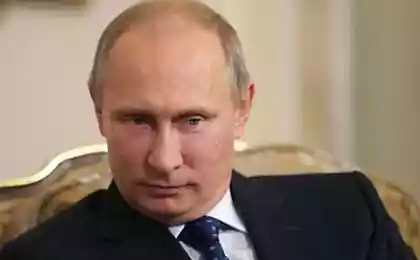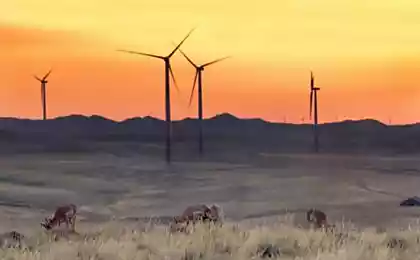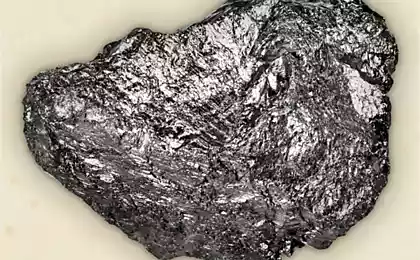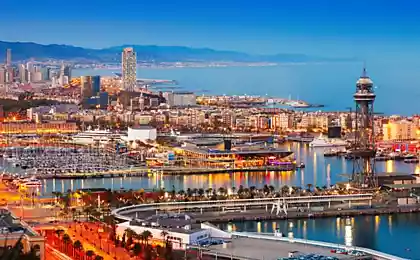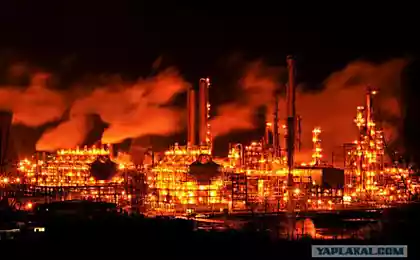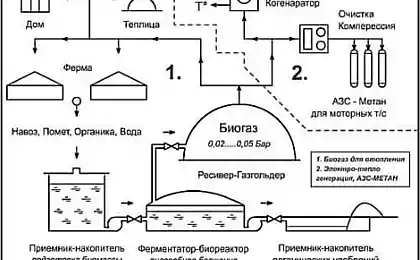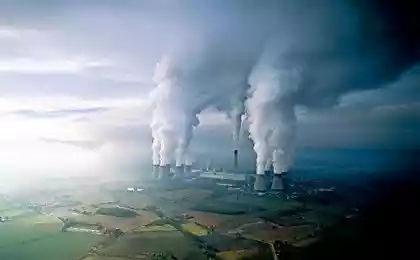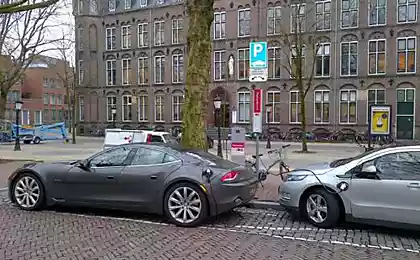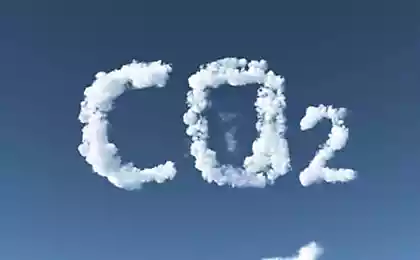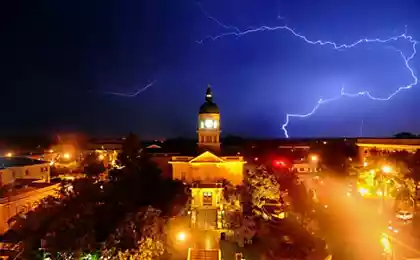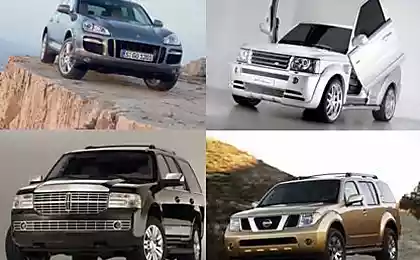467
The Netherlands: only electric cars by 2035 and total failure of gas by 2050
The Dutch government introduced a long-term development plan of the energy sector, according to which in 2035 in the country prohibits all vehicles with internal combustion engines. In addition, the document provides that in the Netherlands, a country that for over 50 years is the largest producer of natural gas in the EU by 2050 all homes will be disconnected from the gas network. The plan received broad support in Parliament, however, previously to introduce such an initiative was planned 10 years earlier.
Interestingly, submitted on 7 December, the Dutch economy Minister Henk Kamp (Henk Kamp) program received a large number of critical reviews in Parliament from the party greens and the left – in their opinion, the government's plan is not ambitious enough.

Ate program will be approved in the highest legislative body, the Netherlands – the birthplace of the Shell, one of the largest oil companies in the world – will be the world's first country to establish a specific timeline for the complete implementation of transport with zero emissions, that is, the electric cars or hydrogen fuel cells.
A majority of parliamentarians had previously proposed to prohibit the engine from 2025, but, according to camp (the representative of the right forces from the VVD, who plays a member of a coalition government with the labour party PvdA) is too early.
Another revolutionary decision will affect the residential sector. In accordance with the plan, all new homes built will not connect to the gas network. Existing buildings will be gradually disconnected from the gas supply by 2050 not a single house in the Netherlands generally will not use natural gas. They will be heated through the waste heat of industrial processes, and geothermal sources. This provides for the construction of new infrastructure, leading role in the creation of which will be the responsibility of the local authorities.
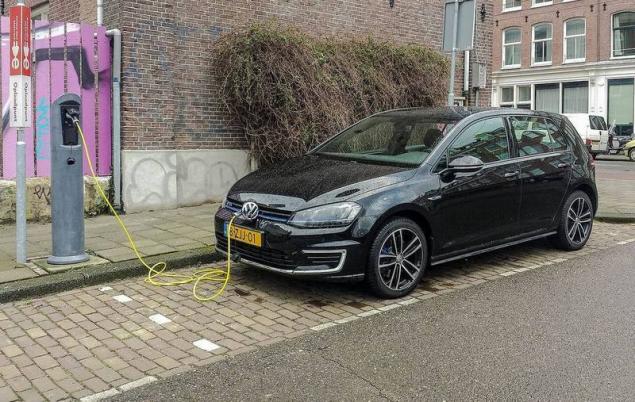
For the Netherlands the scope of the changes will be huge. From the beginning of 1960-ies, the country is the largest producer of natural gas in the EU and its largest exporter. According to experts, Holland has the most extensive infrastructure for transporting gas in the world. It is expected that the cost of such a huge operation will be around € 200 billion within 20 years.
The energy strategy foresees a further reduction of CO2 emissions into the atmosphere. The authors believe that targets for energy efficiency and renewable energy sources should be secondary to the targets of reducing CO2. The Netherlands want to strengthen the ETS (European trading system of quotas on greenhouse gas emissions) by annual emission reductions of the strap and reduce the surplus of quotas in the system. published
Source: ecotechnica.com.ua/transport/1813-niderlandy-tolko-elektromobili-k-2035-i-polnyj-otkaz-gaza-k-2050-godu.html
Interestingly, submitted on 7 December, the Dutch economy Minister Henk Kamp (Henk Kamp) program received a large number of critical reviews in Parliament from the party greens and the left – in their opinion, the government's plan is not ambitious enough.

Ate program will be approved in the highest legislative body, the Netherlands – the birthplace of the Shell, one of the largest oil companies in the world – will be the world's first country to establish a specific timeline for the complete implementation of transport with zero emissions, that is, the electric cars or hydrogen fuel cells.
A majority of parliamentarians had previously proposed to prohibit the engine from 2025, but, according to camp (the representative of the right forces from the VVD, who plays a member of a coalition government with the labour party PvdA) is too early.
Another revolutionary decision will affect the residential sector. In accordance with the plan, all new homes built will not connect to the gas network. Existing buildings will be gradually disconnected from the gas supply by 2050 not a single house in the Netherlands generally will not use natural gas. They will be heated through the waste heat of industrial processes, and geothermal sources. This provides for the construction of new infrastructure, leading role in the creation of which will be the responsibility of the local authorities.

For the Netherlands the scope of the changes will be huge. From the beginning of 1960-ies, the country is the largest producer of natural gas in the EU and its largest exporter. According to experts, Holland has the most extensive infrastructure for transporting gas in the world. It is expected that the cost of such a huge operation will be around € 200 billion within 20 years.
The energy strategy foresees a further reduction of CO2 emissions into the atmosphere. The authors believe that targets for energy efficiency and renewable energy sources should be secondary to the targets of reducing CO2. The Netherlands want to strengthen the ETS (European trading system of quotas on greenhouse gas emissions) by annual emission reductions of the strap and reduce the surplus of quotas in the system. published
Source: ecotechnica.com.ua/transport/1813-niderlandy-tolko-elektromobili-k-2035-i-polnyj-otkaz-gaza-k-2050-godu.html
Britain broke the record for the development of wind energy
12 stars favorite TV shows, which in real life just don't learn
